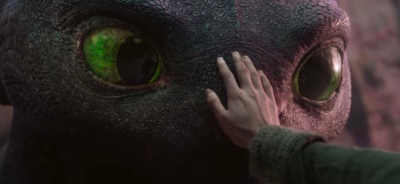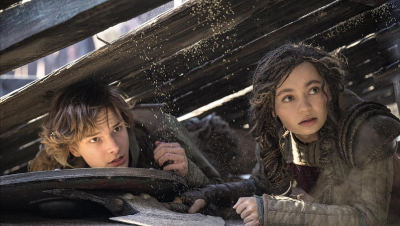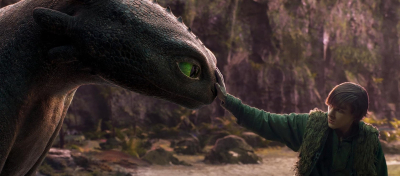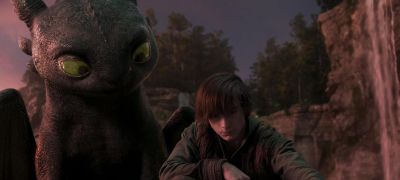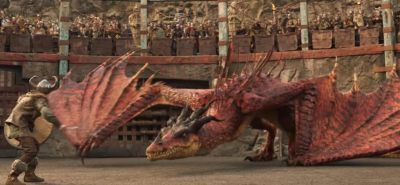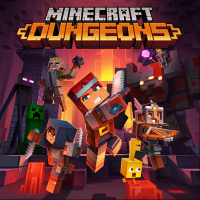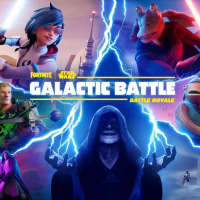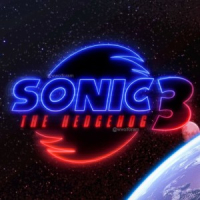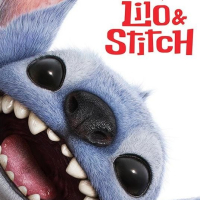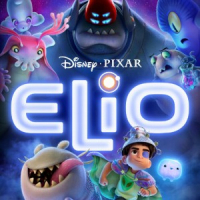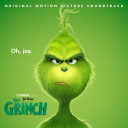How to Train Your Dragon (2025) Review
How to Train Your Dragon (2025)
Flight, Flame, and Farewell: A Meditative Look at How to Train Your Dragon (2025)
There are stories we outgrow, and then there are stories that grow with us. How to Train Your Dragon (2025) belongs firmly in the latter category — a film that, while cloaked in the vibrant hues of fantasy and aerial adventure, grapples with the very human experiences of loss, legacy, and the aching beauty of letting go.
More than a continuation, this film feels like an echo. A remembered melody. The kind of sequel that reverberates with nostalgia not because it retraces familiar steps, but because it understands the weight of its own mythology.
A Return, Yet Not a Repetition
The island of Berk has always served as a living metaphor: a place where humans and dragons, the known and the mysterious, learn to coexist. In this latest chapter, Berk feels aged. Wiser. And the film wisely leans into that weariness. Hiccup, now a figure marked by responsibility and quiet regret, is less the boy seeking adventure and more the leader navigating the aftermath of an age of dragons.
The central conflict, while seemingly conventional — a new threat rising to disrupt a fragile peace — is secondary to the film’s true focus: the shifting relationships between characters and their creatures. The battles and skirmishes, gorgeously rendered though they are, serve more as punctuation to the real story being told in glances, in silences, in those moments where flight is no longer an escape, but a farewell.
Animation as Artistry
It feels almost reductive to call this a “beautiful” film, though it undeniably is. Every frame is curated with an almost painterly eye for light and movement. The airborne sequences, once designed to dazzle, now carry a somber weight. Dragons slice through mist-thick skies not with exuberance, but with an urgency bordering on elegy.
The animators seem deeply aware that this might be the final time audiences see this world, and they respond with visual poetry. A sunset reflecting off Toothless’ scales. The quiet ripple of water disturbed by a dragon’s landing. Even the violence here is artful — restrained, intimate, almost ritualistic.
Sound and Silence
John Powell returns to conduct his orchestral spellwork, and it is nothing short of transformative. His score doesn’t simply accompany the narrative; it speaks where characters cannot. Swells of strings mark moments of both triumph and tragedy, while quieter compositions underscore the film’s most affecting scenes.
In several crucial moments, however, it’s the absence of sound that stuns. A wordless gaze between Hiccup and Toothless speaks volumes. The hush before a decisive choice. In these silences, the film finds its truest voice.
Characters Beyond Their Archetypes
There’s a maturity to the character writing here that earlier entries only hinted at. Hiccup’s evolution is particularly poignant — a boy who once believed in endless adventure now tasked with the burden of stewardship. Astrid remains his anchor, though the film wisely allows her complexity beyond the “supportive partner” trope.
Toothless, too, is more than a mascot. The film imbues him with an autonomy rarely granted to non-human characters. His choices, fears, and loyalties drive much of the narrative, and one can’t help but feel that the central relationship has evolved into something ineffably bittersweet.
The new characters are serviceable, though largely symbolic — avatars of what the next generation might inherit, should they choose to honor the fragile harmony their predecessors fought for.
How to Train Your Dragon (2025) is less a blockbuster than a benediction. A film that understands its place as the closing of a chapter, and approaches that duty with grace and reflection. It reminds us that fantasy worlds endure not because of spectacle, but because they mirror the parts of ourselves we’re still learning to understand.
This is not a film merely to be watched, but to be felt. To be remembered. It may not soar with the unbridled joy of its predecessors, but it glides with dignity, carrying its audience toward a bittersweet horizon.
And perhaps, like Hiccup and Toothless, we too must learn when to hold on — and when to let go.
